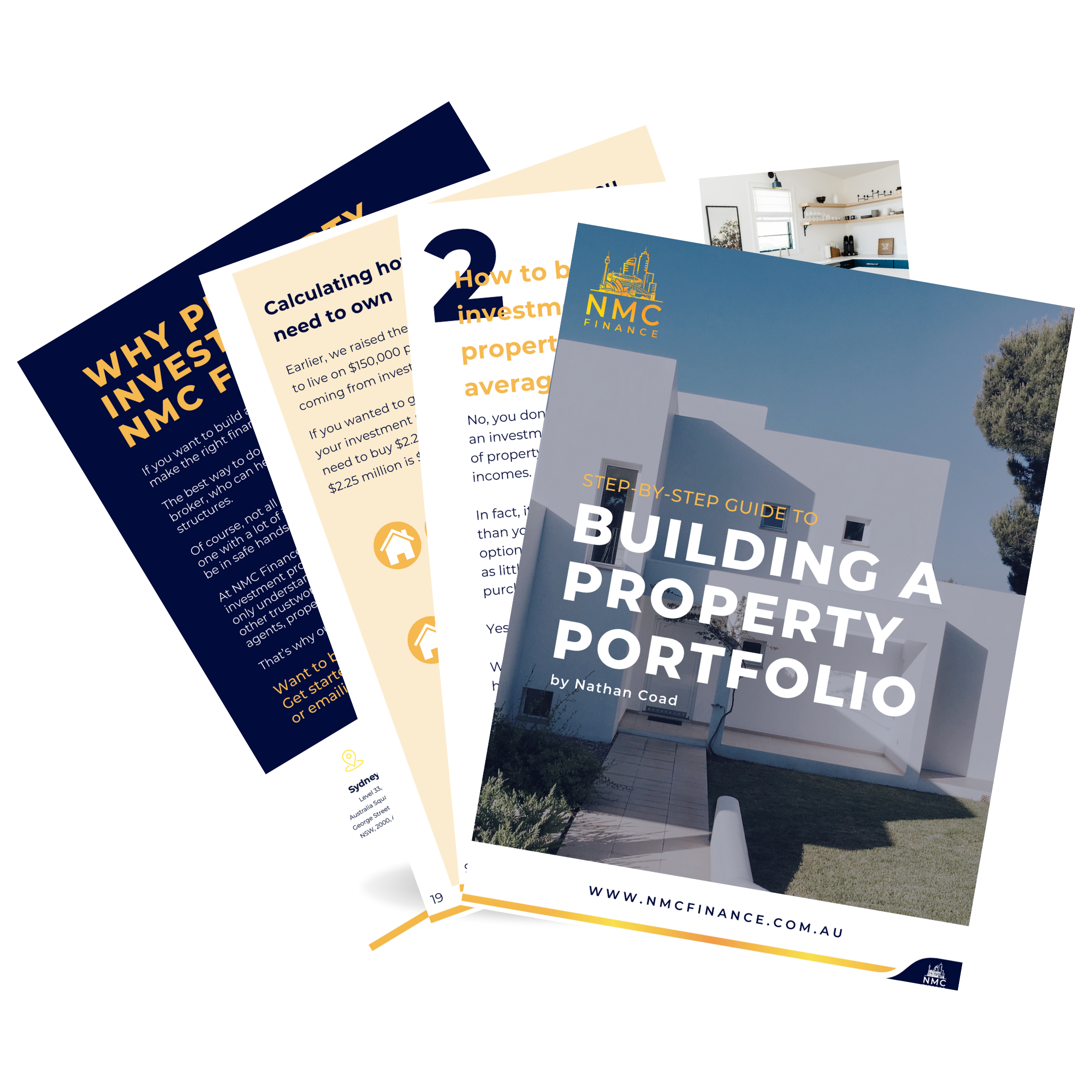When buying a business, it is easy to get caught up in the excitement of taking over an existing brand, meeting staff, or imagining how you could grow it.
However, the real health of any business is revealed in its financials. These documents tell the story of how the business makes money, where it spends, and how sustainable it really is.
Taking the time to review financials thoroughly can mean the difference between buying a profitable enterprise and stepping into a costly mistake.
Key financial documents to review
Before making any decisions, you should request access to the business’s financial records. At a minimum, these include:
- Profit and loss statement: Shows revenue, costs, and net profit over a period of time. Look for consistency and trends rather than one-off spikes.
- Balance sheet: Provides a snapshot of assets, liabilities, and equity. This shows the true net worth of the business.
- Cash flow statement: Tracks how money moves in and out. Even profitable businesses can fail if cash flow is poorly managed.
- Tax returns: These verify that reported income matches what has been submitted to the tax office.
- Debtors and creditors lists: Highlight who owes the business money and what debts are outstanding.
Together, these records provide a clearer picture of how the business is performing and whether it is positioned for future success.
What to look for in the numbers
Financial documents contain a lot of information, but the following areas deserve particular attention:
Consistent revenue
Check whether the business generates steady income year on year. Seasonal fluctuations are normal, but sharp drops or unexplained changes should raise questions.
Profit margins
A business may have strong sales but weak profitability if expenses are too high. Look at margins across different periods to see if they are stable or shrinking.
Cash flow health
Positive cash flow means the business can cover its costs and reinvest in growth. If cash flow is constantly negative, you may need to fund operations yourself, which can become unsustainable.
Debt levels
Review liabilities on the balance sheet. A business carrying high levels of debt may struggle to meet obligations, leaving you exposed to additional risk.
Owner’s role
Some businesses rely heavily on the current owner for sales or management. If financial success depends too much on one person, you will need to plan carefully for a transition.
One-off items
Sometimes financial statements include unusual gains or expenses that inflate or reduce results. Make sure you can distinguish between regular performance and one-off events.
Red flags to watch out for
When reviewing financials, certain warning signs should not be ignored:
- Revenue that appears inconsistent or inflated without supporting evidence
- Expenses that are unusually high or poorly explained
- Reliance on a small number of customers for the majority of income
- Outstanding tax obligations or unpaid superannuation
- Poor record-keeping or missing documents
Each of these issues could point to bigger underlying problems.
How a finance broker can help
Understanding business financials can be challenging, particularly if you are buying for the first time. A finance broker can support you in several ways:
- Clarity: Explaining financial statements in plain language so you can make informed decisions
- Connections: Recommending accountants or business valuers to perform detailed due diligence
- Finance strategy: Structuring funding in a way that reflects the business’s performance and your goals
- Risk management: Highlighting areas that could affect your ability to secure finance
Financial statements are more than just numbers. They are the foundation for understanding whether a business is truly worth buying.
By carefully reviewing profit, cash flow, debt, and trends, you can avoid costly surprises and enter ownership with confidence.
With professional guidance, you’ll have the knowledge and support to make a smart and sustainable investment.
This blog is intended for general informational purposes only. For personalised advice tailored to your unique financial situation, please contact NMC Finance.

